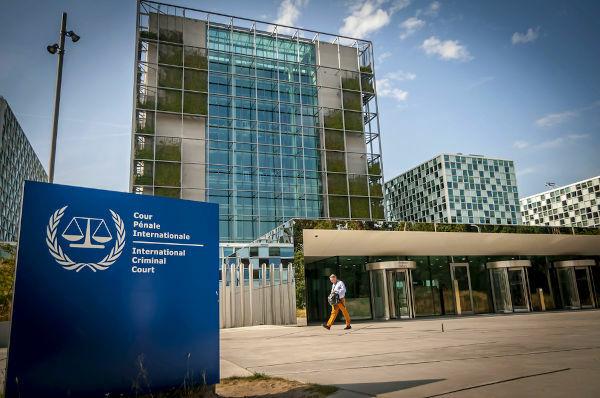When we come across the term “democracy”, many immediately point to this type of government as being one that is guided by the will of the people. In this sense, the population would have the right to interfere in the choices and decisions that would directly affect their lives. However, the political space generated by democracy can be organized in the most different ways and must meet the specificity of each people. This is where we recognize the existence of models of direct and indirect democracy.
Direct democracy can already be seen as a type of system where citizens directly discuss and vote on the main issues of interest to them. In ancient Greece, popular assemblies gathered the population of democratic city-states in the Agora (square), where laws and major decisions were discussed and resolved. It is worth remembering that in the Greek molds, the exercise of political opinion was restricted to a specific portion of the population.
As societies expanded numerically and social organization became increasingly complex, we see that the system of direct democracy proved to be unviable. After all, how would it be possible to count the vote of a large population, insofar as that the issues to be decided could not be subject to the registration of the vote of each of the individuals? It is at this moment that we have the organization of the so-called indirect democracy.
Indirect democracy establishes that the population uses the vote to choose the political representatives best suited to their interests. In this way, citizens would have their rights guaranteed by councilors and deputies who would undertake to meet the wishes of their voters. However, looking at the development of indirect democracy, we see that this commitment between politicians and citizens is subject to several questions.
Aiming to escape the departure from the democratic norm, we observe today the organization of some initiatives interested in strengthening the people's power of intervention through the use of the vote. One of these examples can be seen in the organization of the so-called "participatory budget", a system in which municipal authorities announce the existence of a certain amount and call on the population of a neighborhood or region to discuss and vote on the best destination for the resources.
Do not stop now... There's more after the advertising ;)
By Rainer Sousa
Graduated in History
Would you like to reference this text in a school or academic work? Look:
SOUSA, Rainer Gonçalves. "Direct and Indirect Democracy"; Brazil School. Available in: https://brasilescola.uol.com.br/politica/democracia-representativa.htm. Accessed on June 27, 2021.


